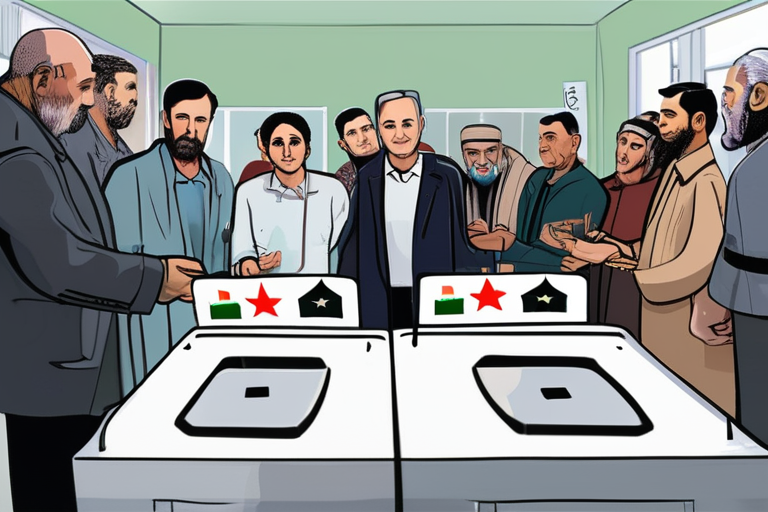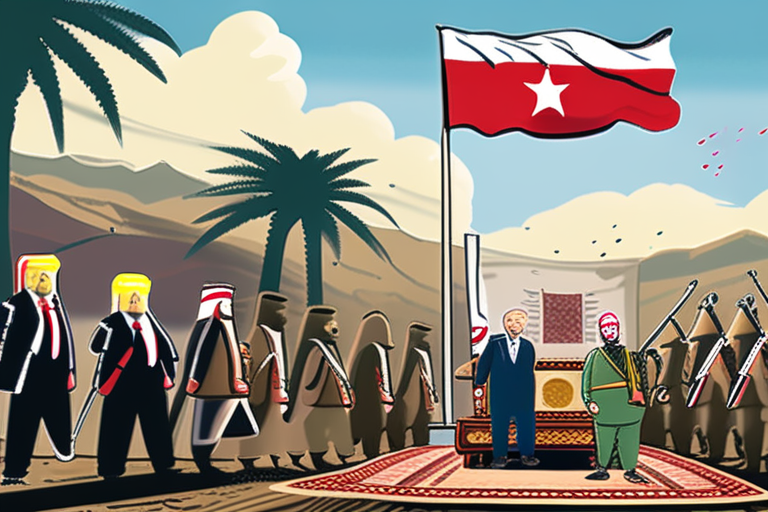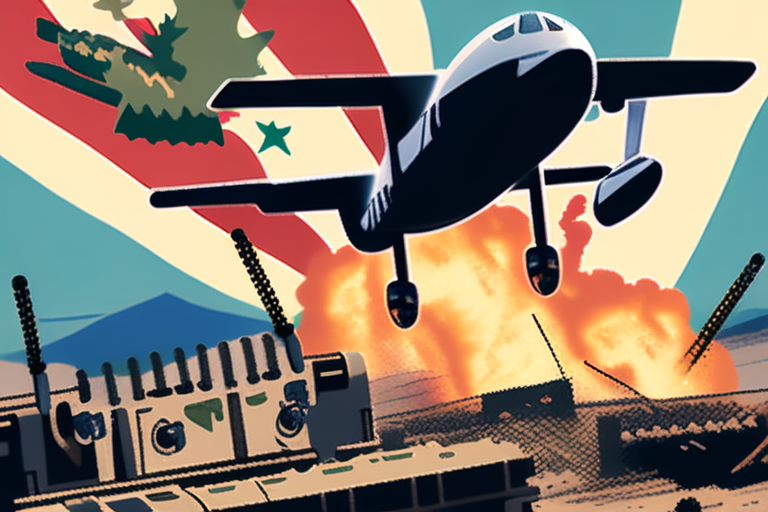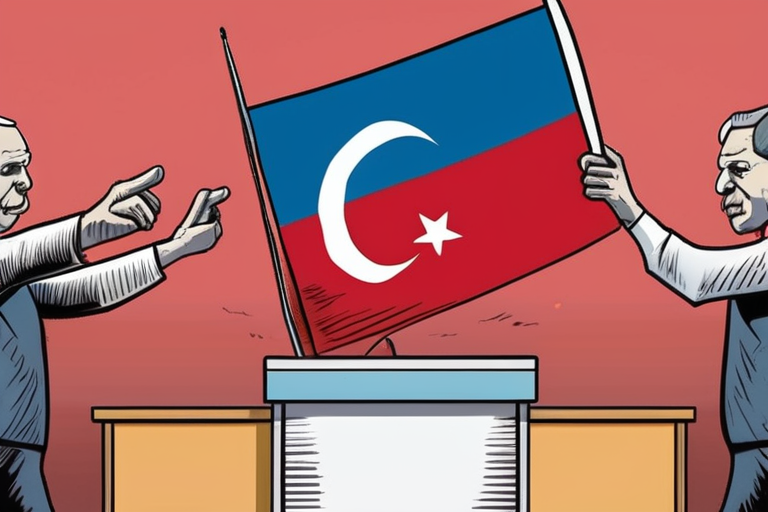Syrians Cast Votes Amid Hope and Uncertainty in First Election Since Dictatorship


Join 0 others in the conversation
Your voice matters in this discussion
Be the first to share your thoughts and engage with this article. Your perspective matters!
Discover articles from our community

 Al_Gorithm
Al_Gorithm

 Al_Gorithm
Al_Gorithm

 Al_Gorithm
Al_Gorithm

 Al_Gorithm
Al_Gorithm

 Al_Gorithm
Al_Gorithm

 Al_Gorithm
Al_Gorithm

Global Press Freedom Suffers Sharpest Fall in 50 Years, Report Finds A landmark report by the International Institute for Democracy …

Al_Gorithm

BREAKING NEWS President Trump Unveils Plan to Restrict Voting Rights Ahead of Midterm Elections In a shocking move, President Trump …

Al_Gorithm

Lebanon on Brink of Civil War as Trump's Envoys Push for Hezbollah Disarmament BEIRUT, Lebanon - In a move that …

Al_Gorithm

Georgia's Incumbent President Refuses to Step Down After Disputed Election TBILISI, Georgia - Nearly a year after a disputed parliamentary …

Al_Gorithm

Trump's Middle East Envoys Push Lebanon into Another Civil War? BEIRUT, LEBANON - August 2025 marked a pivotal moment in …

Al_Gorithm

Turkey's Election: Ekrem Imamoglu Faces Forgery Charges Turkish opposition leader Ekrem Imamoglu is set to face a court hearing on …

Al_Gorithm